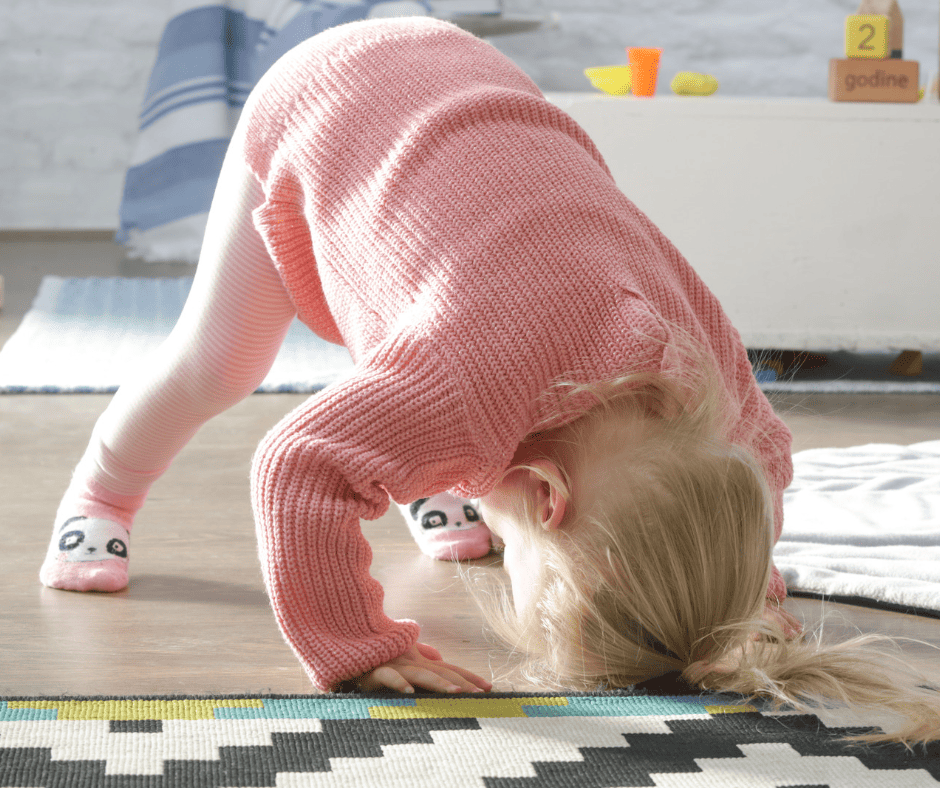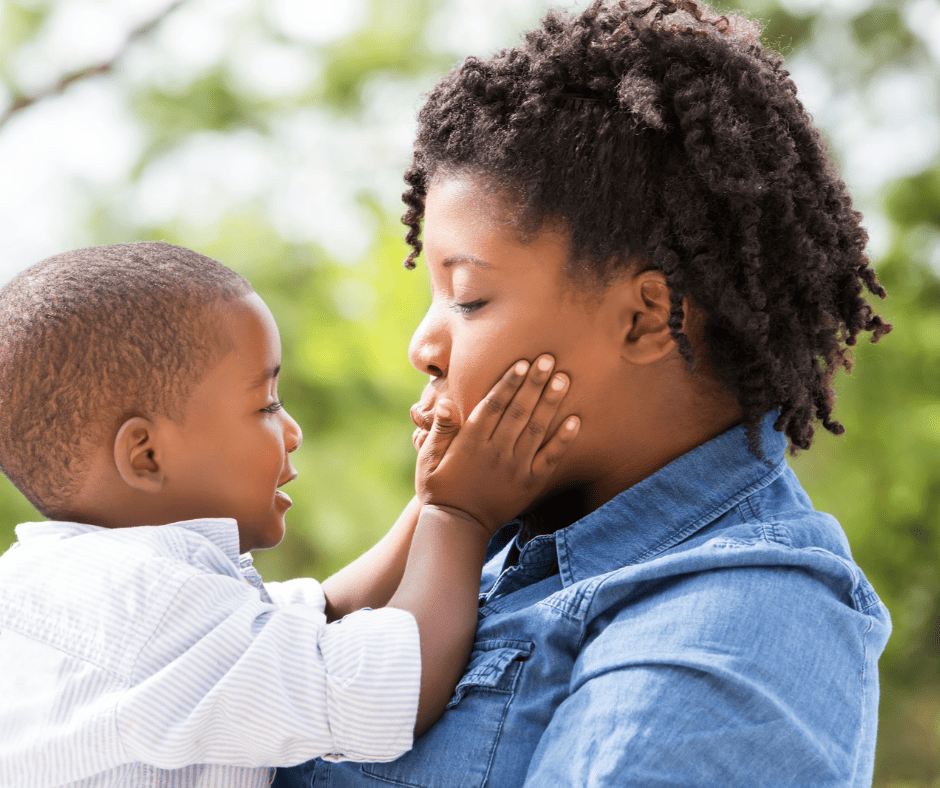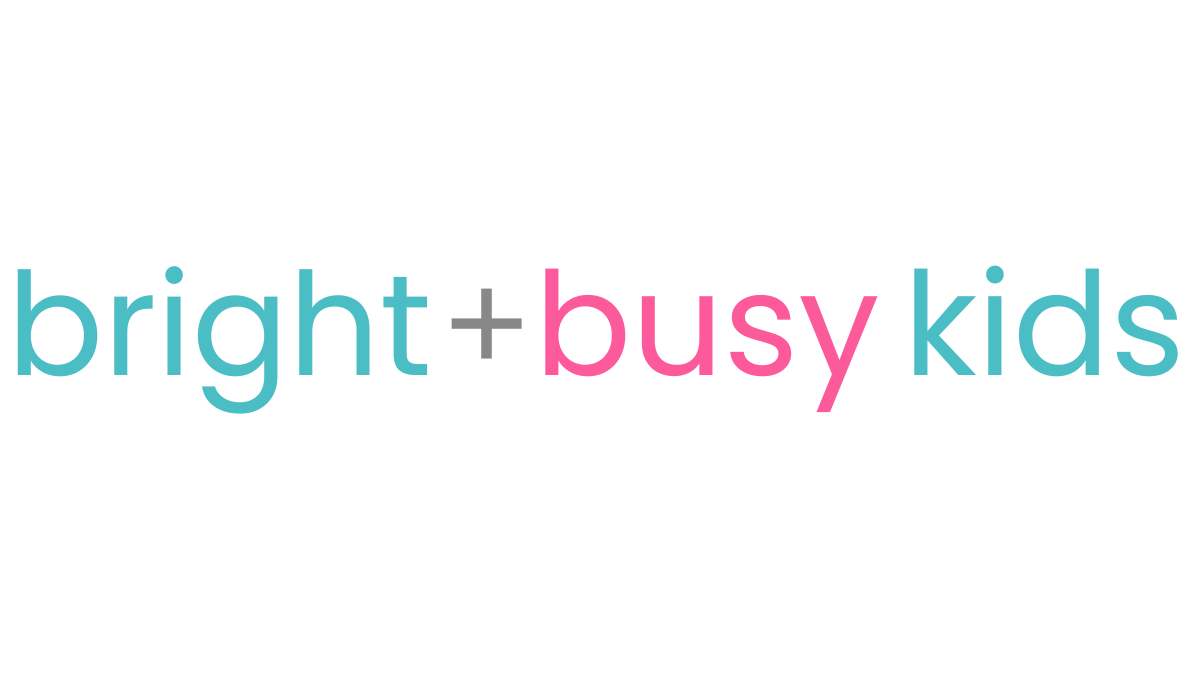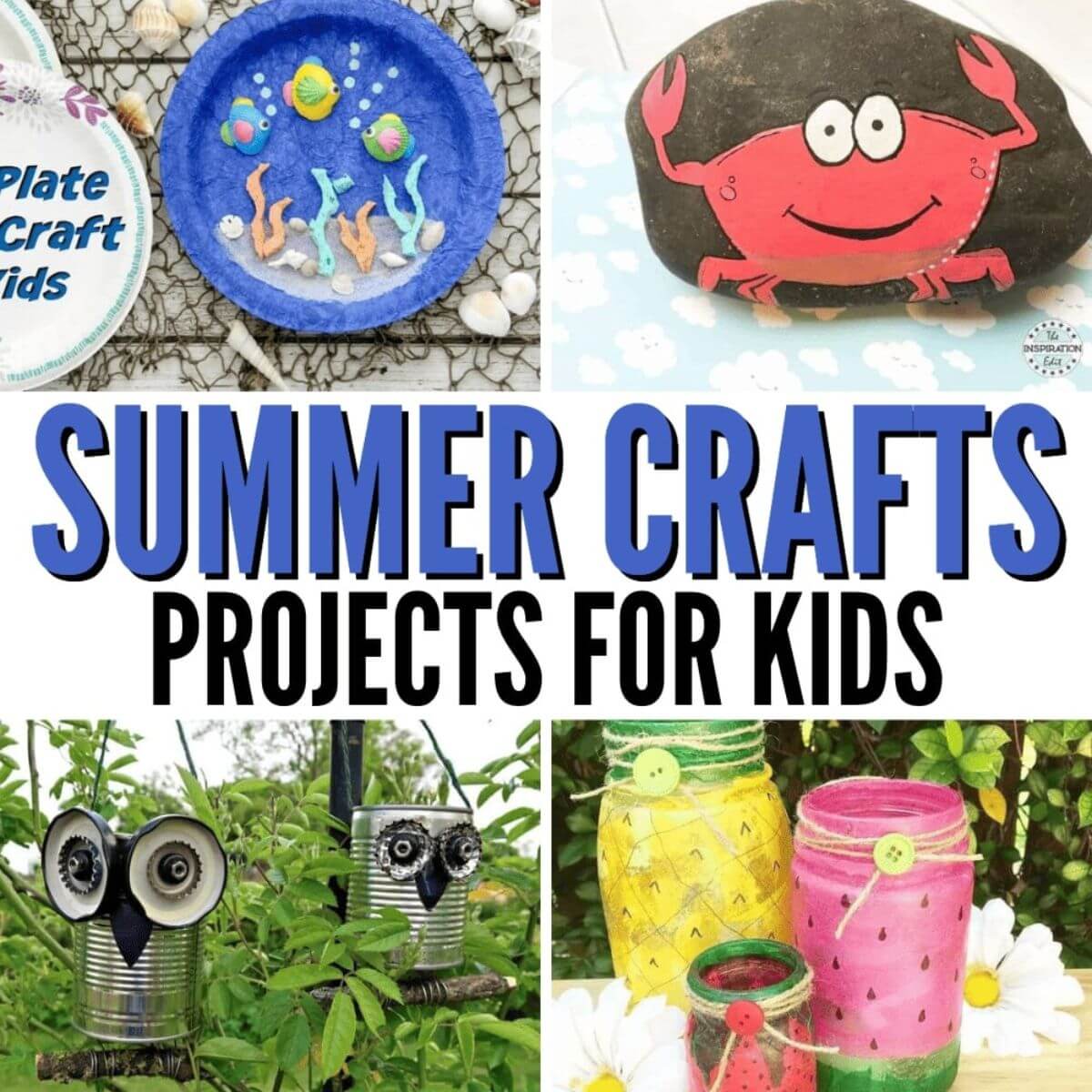How to Survive the Terrible Twos
Welcome to the world of the “Terrible Twos”! Wondering how to survive the terrible twos phase?
If you’re a parent of a toddler, chances are you’ve heard this phrase countless times and might be dreading the day your little one reaches this infamous stage.
The terrible twos can be a challenging time for both parents and children, filled with tantrums, defiance, and a seemingly endless battle of wills.
But fear not, for this too shall pass. In fact, with the right tools and strategies in your parenting toolkit, you can not only survive but also thrive during this rollercoaster ride of toddlerhood.
How to Survive the Terrible Twos

In this blog post, we’ll explore the key elements for how to survive the terrible twos with grace, patience, and a sense of humor.
So buckle up, take a deep breath, and let’s dive into the world of surviving the terrible twos together.
What are the Terrible Twos?
The “Terrible Twos” is a time when toddlers might get upset easily and not want to do things. It can be hard for parents, but you can use special tools and strategies to help make it easier.
Why Do the Terrible Twos Happen?
The terrible twos are a normal part of toddler development. During this time, toddlers are exploring their environment and learning to do more things on their own.
This can be overwhelming for them, causing them to have strong emotions that they don’t have the words or tools to express.

How to Survive the Terrible Twos
The key to surviving the terrible twos is understanding why your child might be acting out and having a plan for how to manage it.
Here are some tips on how to survive the terrible twos:
Understand Your Child’s Development
During the “terrible twos,” toddlers are learning new things and exploring their environment. This can be overwhelming for them, so they may have big feelings that they don’t know how to express. It can be hard for parents too, but there are ways to help make it easier.
Establish a Routine
Having a routine is very important when dealing with the challenges of parenting a two-year-old. Routines provide a sense of stability and predictability for toddlers, helping them to feel safe and secure as they explore their world.
One of the best tips on How to Survive the Terrible Twos is to have a routine that is consistent each day. It helps toddlers understand what is expected of them and what comes next. A daily routine should include regular activities such as meals, naps, playtime, and bedtime.
It’s also important to allow for flexibility in the schedule so that your toddler still feels like they have a say in what happens each day.
Set Boundaries and Be Consistent
Setting clear limits and expectations is essential for surviving the terrible twos. You want to make sure your toddler knows what behaviors are acceptable and which ones are not. This helps them learn the difference between right and wrong, as well as how to regulate their emotions in difficult situations.
It’s also important to be consistent with your expectations and boundaries. When you’re consistent, your toddler will know what is expected of them and be more likely to comply.

Offer Choices and Encourage Independence
One way to give your toddler a sense of control and autonomy is by offering them choices. This can help them feel empowered to make their own decisions and take ownership of their actions.
For example, you can let them choose between two healthy snacks or two different activities. You can also allow them to help make small decisions such as which shirt they want to wear.
You can also encourage your toddler’s independence by giving them small tasks that they are capable of completing on their own. This will give them a sense of pride and accomplishment, as well as help them build confidence in their abilities.
Use Positive Reinforcement
Positive reinforcement is a good way to help toddlers learn. It helps them understand what behavior is right and wrong and gives them a sense of pride when they do something right.
When you praise your toddler for their good behavior, it helps them feel happy and encourages them to keep doing the same thing.
Teach Emotional Regulation Skills
Helping your child understand and manage their emotions can be hard. To make it easier, try establishing a routine, setting boundaries, offering choices, and praising them for good behavior.
You can also teach them how to recognize their emotions and use calming techniques like taking deep breaths or counting to help calm down.

Pick Your Battles Wisely
When your child is having a difficult time, it is important to decide which behaviors require intervention and which can be overlooked.
Choose your battles carefully. For instance, consider addressing situations where someone’s behavior is inappropriate or when someone is disrupting others with a loud noise.
Other times it might be better to let them explore and help them express their big feelings in healthy ways.
Provide Opportunities for Social Interaction
The importance of socialization during the terrible twos cannot be overstated. As toddlers learn more about their environment and discover new things, it can be overwhelming for them to learn how to interact with other people.
By providing opportunities for your child to interact with other children, you can help them build positive relationships, develop important skills such as cooperation and communication, and work on their emotional regulation.
Seek Support and Resources
Navigating the terrible twos can be a very challenging time for parents. To make it easier, it is important to build a strong support network of other parents, friends, and family members who can lend an understanding ear and provide practical advice or help.
Joining a local parent group or online community can be a great way to connect with other parents who are going through similar experiences.
There are also many resources available such as books, websites, and podcasts that provide valuable information on how to cope with the difficult stages of toddlerhood.

Above all, it is important to remember that the terrible twos won’t last forever. With patience, understanding, and a plan, you and your toddler can get through this stage together. Good luck!
Good luck with your parenting journey! Keep in mind that every child is different and it’s important to be flexible when dealing with difficult behaviors.
With a lot of patience and understanding, you can make it through the terrible twos and come out stronger than ever.






